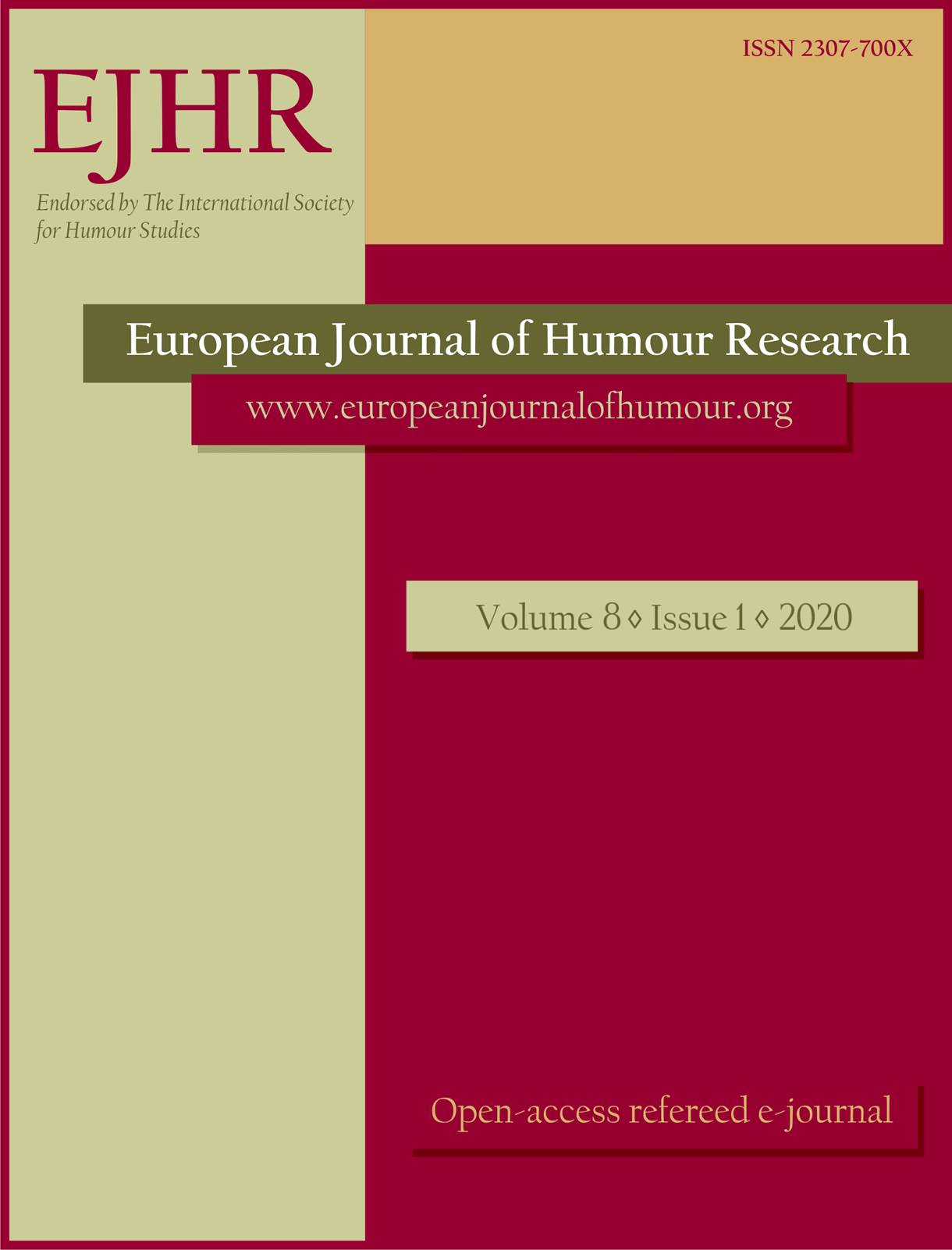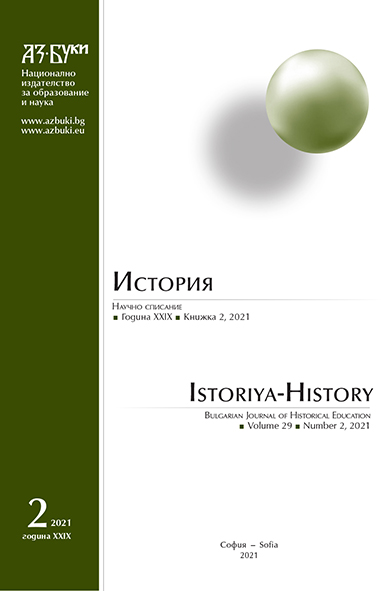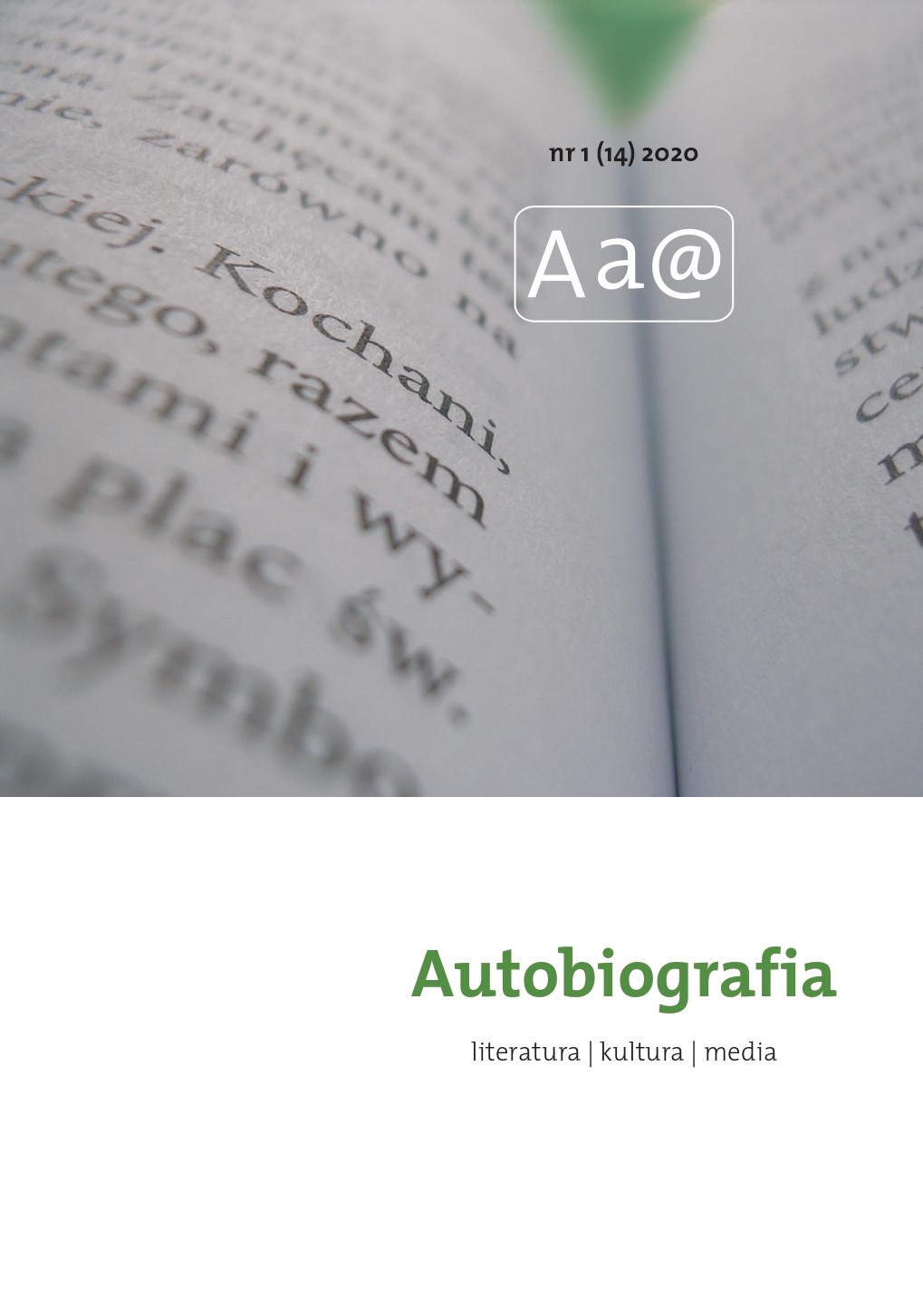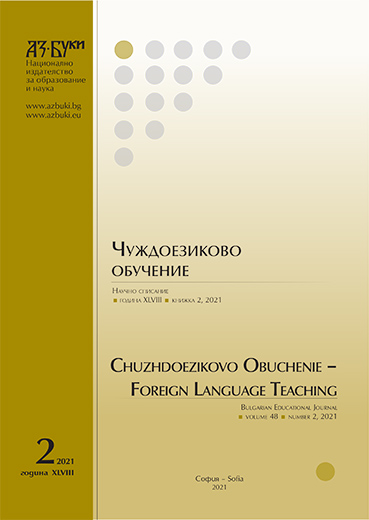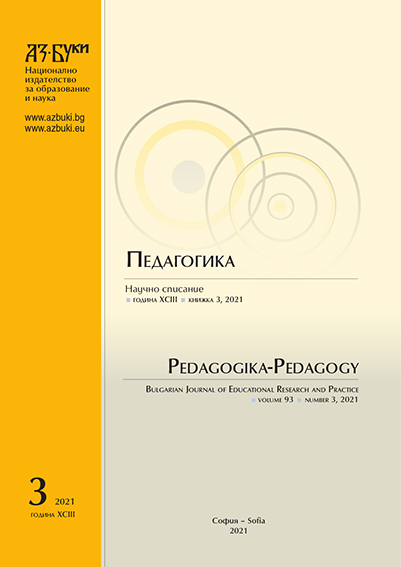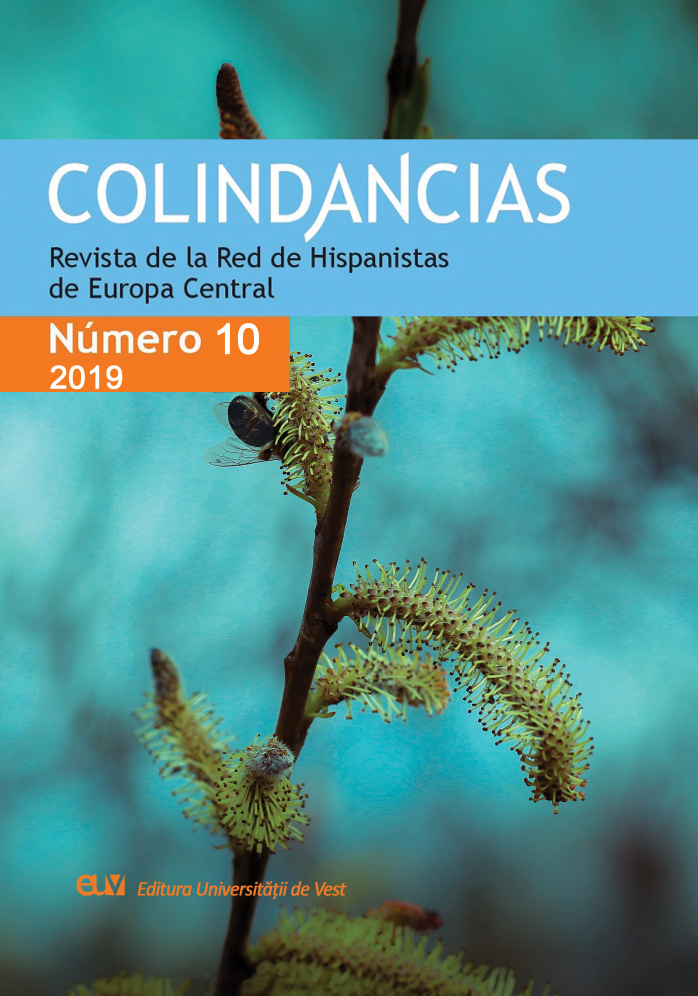
Big Data : el crítico frente al algoritmo (Lectura distante de la narrativa española editada en el año 2019)
Resumen: El modelo teórico de Franco Moretti fundamentado en la distant reading no es solo útil para reflexionar acerca del papel desempeñado por el crítico en la era de los algoritmos y el futuro de la investigación filológica con el auge del posthumanismo, sino además para gestionar la información recabada y realizar un análisis acelerado y sintético del fenómeno literario por medio de la abstracción de datos de alto volumen (big data). Así pues, sobre la base de los planteamientos de Moretti, se propone en este trabajo una lectura distante del panorama de edición de la narrativa española en el año 2019 a través de las gráficas elaboradas ex profeso con los datos obtenidos durante la pesquisa, a fin de ofrecer una visión general de su estado actual en términos de volumen de edición, programación anual de las publicaciones y distribución de los autores según el lugar y año de nacimiento, así como su género. Abstract: Franco Moretti’s theoretical model based on the distant reading not only is useful to think about the role played by the critic in the age of the algorithms and the future of the philological research with the rise of the Post-humanism, but also to manage the collected information and carry out an accelerated and synthetic analysis about the literary phenomenon by means of the massive data sets abstraction (big data). Consequently, in the light of Moretti’s approach, in this work we address a distant reading of the Spanish narrative’s edition panorama in the year 2019. Through the graphs generated ex professo from the data gathered during the inquiry, this article aims to bring out a general vision upon the current situation of the Spanish narrative in terms of the number of literary works edited in 2019, the yearly publishing plan and the authors distribution according to the place and the year of birth, as well as their gender.
More...
